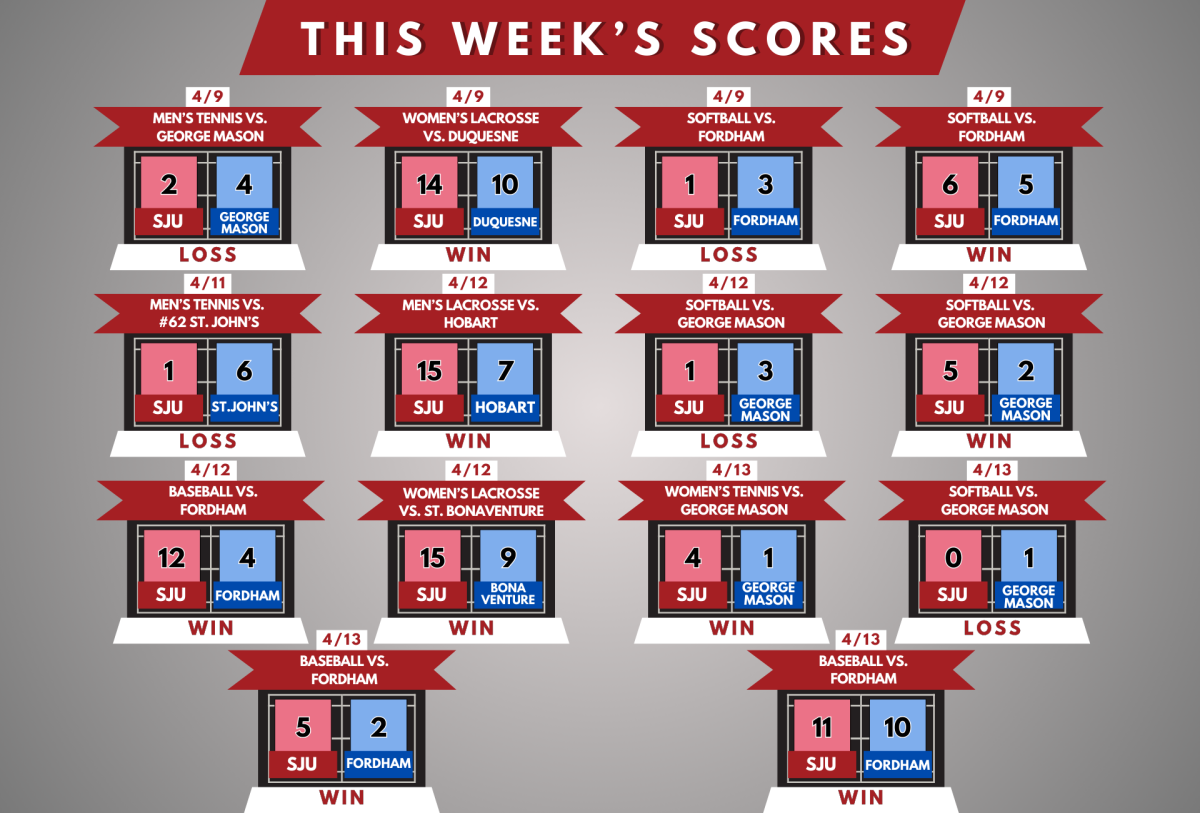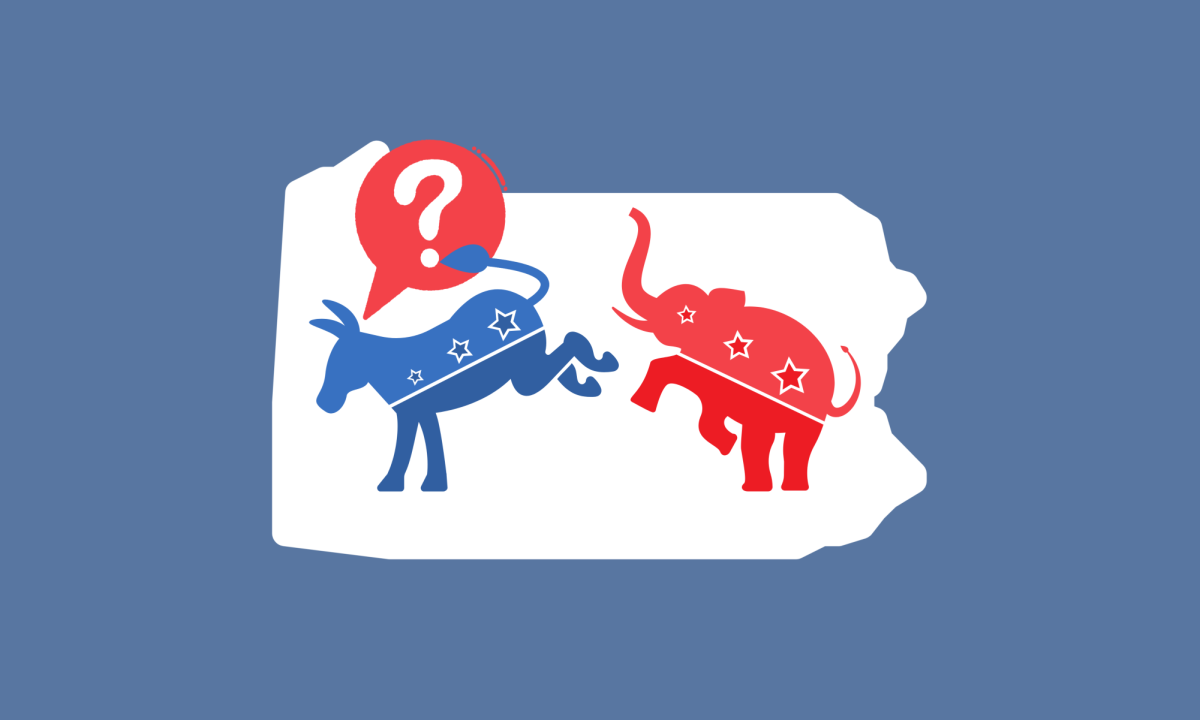Why PA should allow betting on esports
In early February, the first dedicated esports betting platform officially opened in New Jersey after the passing of a bill last summer that allows for betting on competitive video games. This new platform is expected to bring up to $2 million in revenue for the state, Esports Entertainment Group CEO Grant Johnson, said in an interview with the New Jersey Business Magazine.
As for Pennsylvania, the state law on sports betting does not include esports. However, last summer, House Bill No. 1580 included esports into the sports betting definition, but legislators are still hesitant on its approval.
Now is the prime time to institute esports betting in Pennsylvania. The industry has a high potential for growth. The esports community, which includes both the players and the audience, has evolved. We can bring integrity to the industry through proper implementation of esports betting, which gives more reason to press forward with legalization.
Video games have continued to gain popularity over the years, and their growth has been further stimulated by the covid-19 pandemic. According to the Entertainment Software Association’s 2021 facts, the pandemic saw an increase in video game playing among 55% of players, and 90% of these players expect to continue playing more even after the pandemic calms down.
As video games become more prevalent in society overall, with two-thirds of the population playing video games, children will be exposed to the concept more than previous generations. This widespread exposure to video games among youth is likely to create a great demand for esports betting in the future.
With the increase in esports’ presence, the industry has become more sophisticated, breaking stereotypes that have long surrounded both the players and the gaming community. The reality is that many of the major esports titles require time, dedication, coordination and teamwork that is on par with other traditional sports.
As media exposure increases, both positive and negative interpretations of esports have surfaced. Skeptics criticize and question the legitimacy of the players without any knowledge of the level of work and skill involved. However, positive representations are increasing. Esports betting will help curb these negative stereotypes by giving esports credibility as a skill-based event, thus helping it reach an even wider and diverse audience.
One of the key issues surrounding esports is the question of its legitimacy as a sports industry and whether it deserves to be placed under the same category as traditional sporting events. Implementing esports betting would work to resolve issues with its legitimacy. In comparison to other sports, like football or basketball, esports are still in a fledgling state, with significantly less time and money behind them.
Many question the validity of the competitions and the way esports are run. There have been cases of cheating, exploitation and player mistreatment or misconduct in the past, such as the scandals surrounding the Counter-Strike: Global Offensive competitive community. These issues might have been dealt with better if wagering were fully legalized and fully regulated.
Once more money is involved, specifically other people’s money, the demand for protection and integrity in the industry will increase. Players will need improved conditions and rights in order to maintain the integrity of the wagers. Competition will need stronger management and regulation within esport teams.
Esports has a diverse audience that will only continue to grow and will eventually come to rival other major sports titles. Pennsylvania should wager on esports’ success and legalize esports betting sooner rather than later.







































